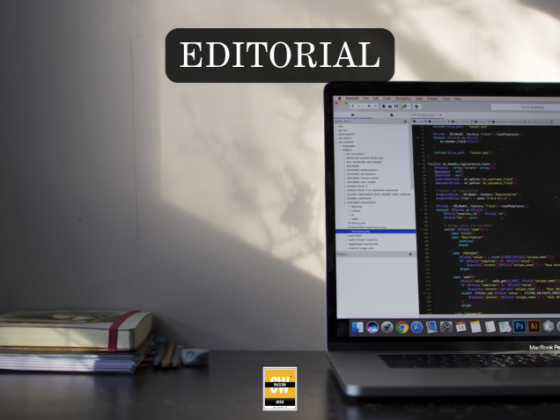For the first time in Pakistan, the Sindh government has introduced an AI-based online training program for teachers aimed at supporting educators in adopting faster, more effective, and modern teaching practices. The initiative was formalised at a ceremony in Karachi where School Education & Literacy Department (SELD), UNICEF, and Khan Academy Pakistan signed a Memorandum of Understanding (MoU). Sindh Education Minister Syed Sardar Ali Shah attended as the chief guest, reflecting the provincial government’s emphasis on integrating technology into classrooms.
The event brought together a wide range of stakeholders including School Education Secretary Zahid Ali Abbasi, Chief Curriculum Advisor Dr Fouzia Khan, UNICEF Sindh Education Manager Abeer Maqbool, UNICEF Sindh Chief Field Officer Prem Bahadur Chand, Khan Academy Pakistan CEO Zeeshan Hasan, Board Members Amin Hashwani and Naeem Zamindar, Deputy Director Atif Vighio, and other senior officials. During the ceremony, details of the six-month pilot project were shared, which will train 3,500 teachers from the districts of Dadu, Tando Allahyar, Tharparkar, and Umerkot. Under the program, UNICEF will provide funding and ensure international standards, while Khan Academy Pakistan will handle training delivery and technical support.
At the core of the training is Khanmigo AI, Khan Academy’s AI-powered assistant designed to assist teachers with lesson planning, preparation of learning materials, and classroom engagement. The program blends live online sessions with self-paced modules to give teachers flexibility and depth in their learning. Officials believe this initiative will improve teaching practices, institutional quality, and student outcomes across Sindh. Speaking at the event, Education Minister Syed Sardar Ali Shah highlighted the program’s potential to enhance teacher confidence and bring global standards of education to even the most remote districts.
Khan Academy Pakistan CEO Zeeshan Hasan explained that Khanmigo AI will save teachers’ time, boost creativity, and improve student engagement. UNICEF Education Manager Abeer Maqbool underscored that the goal is to guarantee quality, effective, and inclusive education for every child through the use of AI. Board Member Amin Hashwani described the partnership as an exemplary collaboration between government, international partners, and local institutions, while Naeem Zamindar stressed that education is the most powerful driver of transformation for any nation and that this step equips students with essential 21st-century skills.
During a briefing session, Minister Sardar Shah was informed that the training would be aligned with textbooks and classroom activities, ensuring relevance for local contexts. Officials also highlighted how Khanmigo AI can instantly generate lesson plans, questions, and activities tailored to specific topics, saving teachers valuable preparation time. It can create diverse and high-quality resources such as worksheets, quizzes, and presentations while suggesting interactive methods to make classrooms more dynamic. Since students learn at different paces, the AI system will help teachers develop strategies and exercises suited to varying learning levels.
Minister Sardar Shah observed that this training would connect teachers with global educational trends, enabling Sindh’s students to receive internationally benchmarked education. He further stated that mastering technology will enhance teachers’ delivery and career growth, boosting their confidence and professional standing. Teachers who successfully complete the training will receive official certificates. At the conclusion of the ceremony, Minister Syed Sardar Ali Shah endorsed the terms of the MoU as a witness, reaffirming Sindh Government’s full support. Officials believe this pilot project will lay the foundation for a province-wide rollout of AI-enabled teacher training, marking a significant step toward transforming education in Pakistan.
Follow the SPIN IDG WhatsApp Channel for updates across the Smart Pakistan Insights Network covering all of Pakistan’s technology ecosystem.









